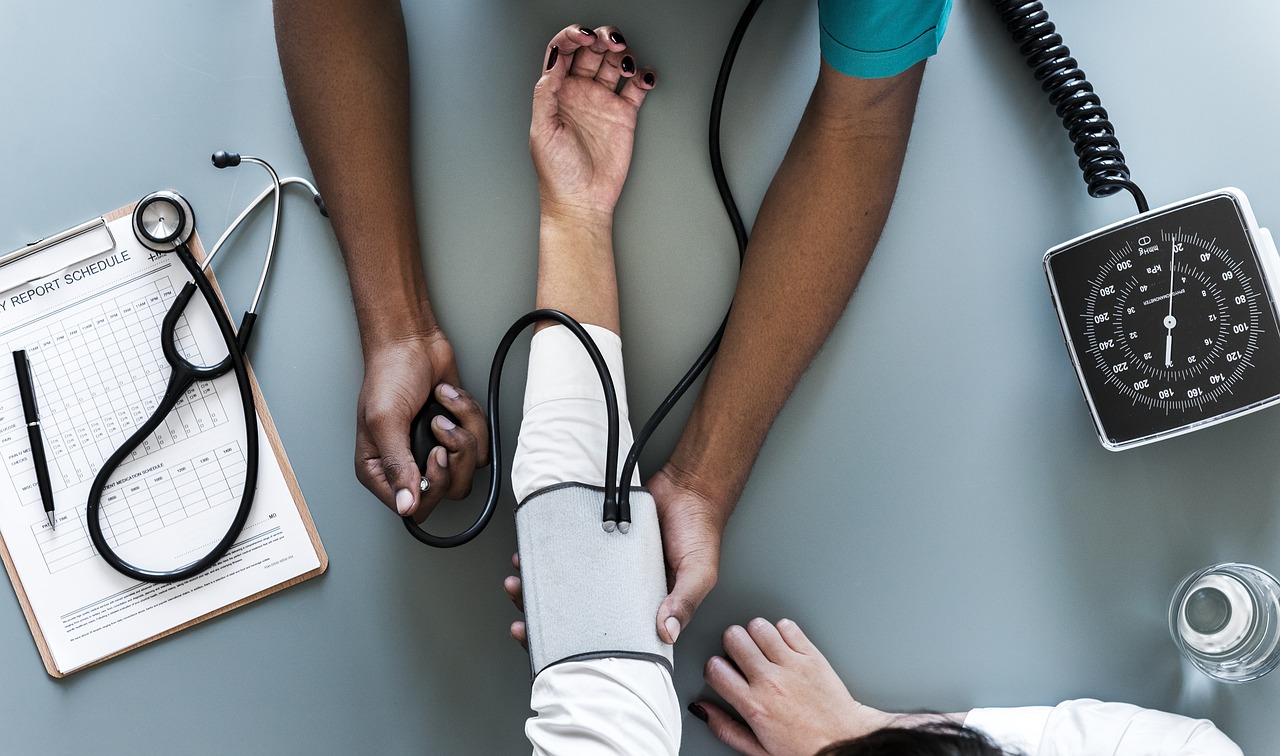
Indian Startups Developing Rapid Tests to Help Check Antibiotic Resistance
- News
- 2.3K
Overuse and misuse of antibiotic drugs have given rise to disease-causing bugs developing resistance. In order to provide effective treatment for various infections, it has become necessary to quickly find out if an infection-causing agent is resistant or susceptible to drugs. Four research startups with innovative ideas have been selected for research grants to develop such rapid tests.

The Discovery Award seed funding, totaling 200,000 dollars, will help four Indian research groups to develop their ideas into prototypes and products and also bid for an international prize called the Longitude Prize. The £10 million five-year Longitude Prize launched in 2014 will be given to the best point-of-care test to detect infections to help ensure that the right antibiotics are used at the right time. The Discovery Awards in India are funded by the Biotechnology Industry Research Assistance Council in India (BIRAC).
The new ideas awarded this year include an imaging device to perform rapid diagnosis of antibiotic-resistant bacteria for urinary tract infections, by a group called as cAST. This team is working on an automated device which could be operated without the help of a trained lab technician to generate antibiotic susceptibility reports from urine samples. The proposed device will able to detect small features of a bacterial cell which can help determine the viability of the cell.
Bengaluru-based IDI Group has been selected for the award to develop an ultrasensitive magnetic biosensor to detect and identify bacteria in blood, which would help treat sepsis during its early stages. The magnetic biosensors will be able to detect bacteria from blood without culture or amplification reaction.
Another Bengaluru group, Spotsense, is working on developing a test for diagnosing sepsis in newborns, assessing its severity and guiding antimicrobial therapy. The prototype is similar to a thermometer, which can also be used for testing for other severe infections in very small babies. The device tests for levels of biomarkers for sepsis in neonatal saliva and then uses an algorithm to calculate a normalized score for sepsis.
NanoDx Healthcare, based in New Delhi, will utilize the grant to work on a disposable rapid endotoxin detection kit for use at the patient’s bedside. It will provide results in less than 10 minutes and also give an indication of the severity of the infection. The detection is based on a colorimetric response that changes with the extent of infection in the blood.
“One of the main reasons for inappropriate use of antibiotics is lack of availability of reliable rapid diagnostic tests that help doctors to differentiate between a bacterial infection that needs an antibiotic and a viral infection. A rapid diagnostic test should also inform doctors on the right antibiotic that can be used to treat a bacterial infection. Such a test should be cost effective and affordable to health care systems in developing countries,” Dr. Abdul Ghafur, an international expert on antibiotic resistance, told India Science Wire.
“The lack of reliable rapid tests mean that people do not know when and if they need antibiotics. We need accurate point-of-care diagnostic tools to maximize the chances that antibiotics are only used when medically necessary,” said Daniel Berman of Longitude Prize team at Nesta. “Indian start-ups can be part of a global solution in this field,” added Dr. Renu Swarup, Managing Director, BIRAC. (India Science Wire)
For the latest Science and Tech news and conversations, follow Research Stash on Twitter, Facebook, and subscribe to our YouTube channel.


